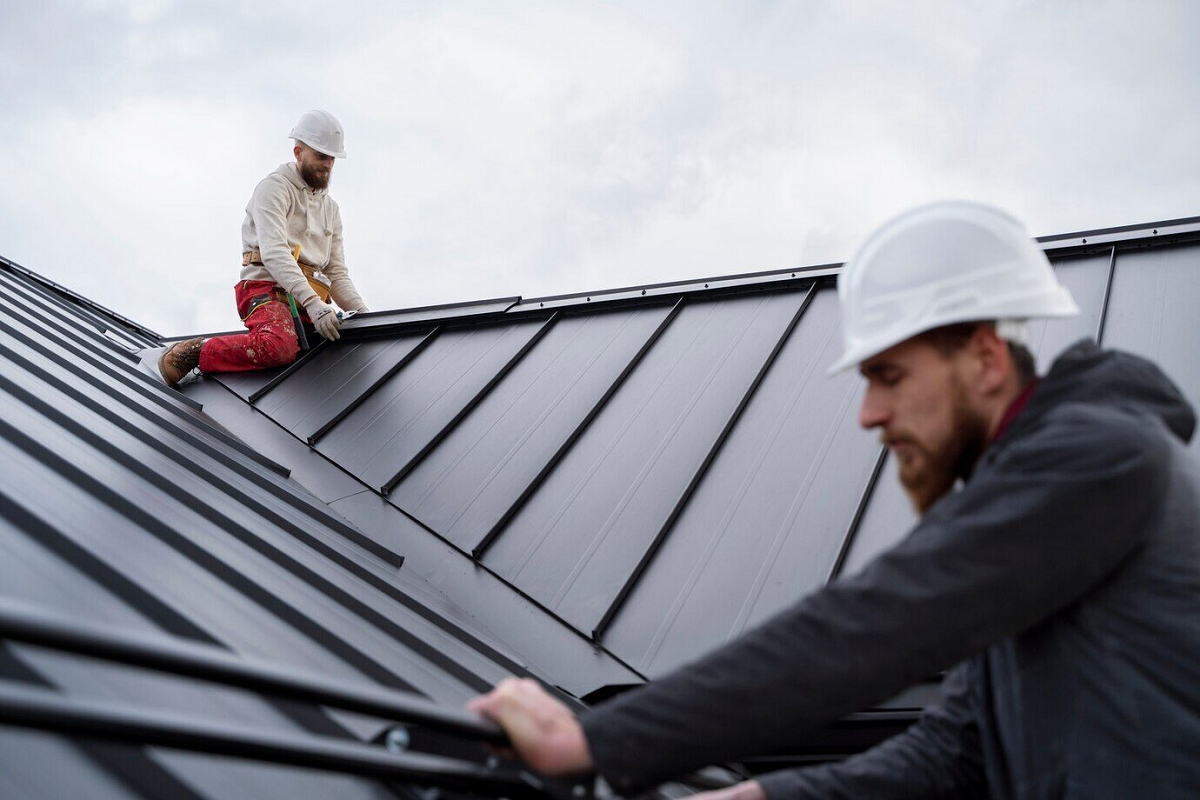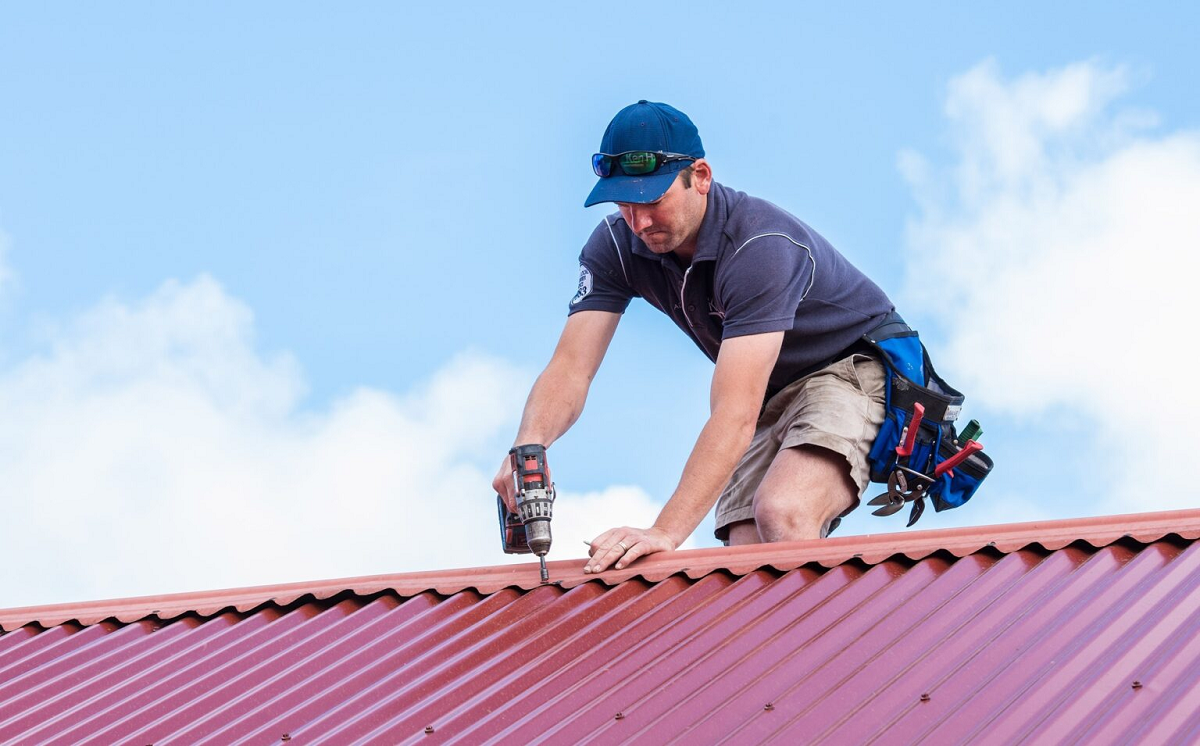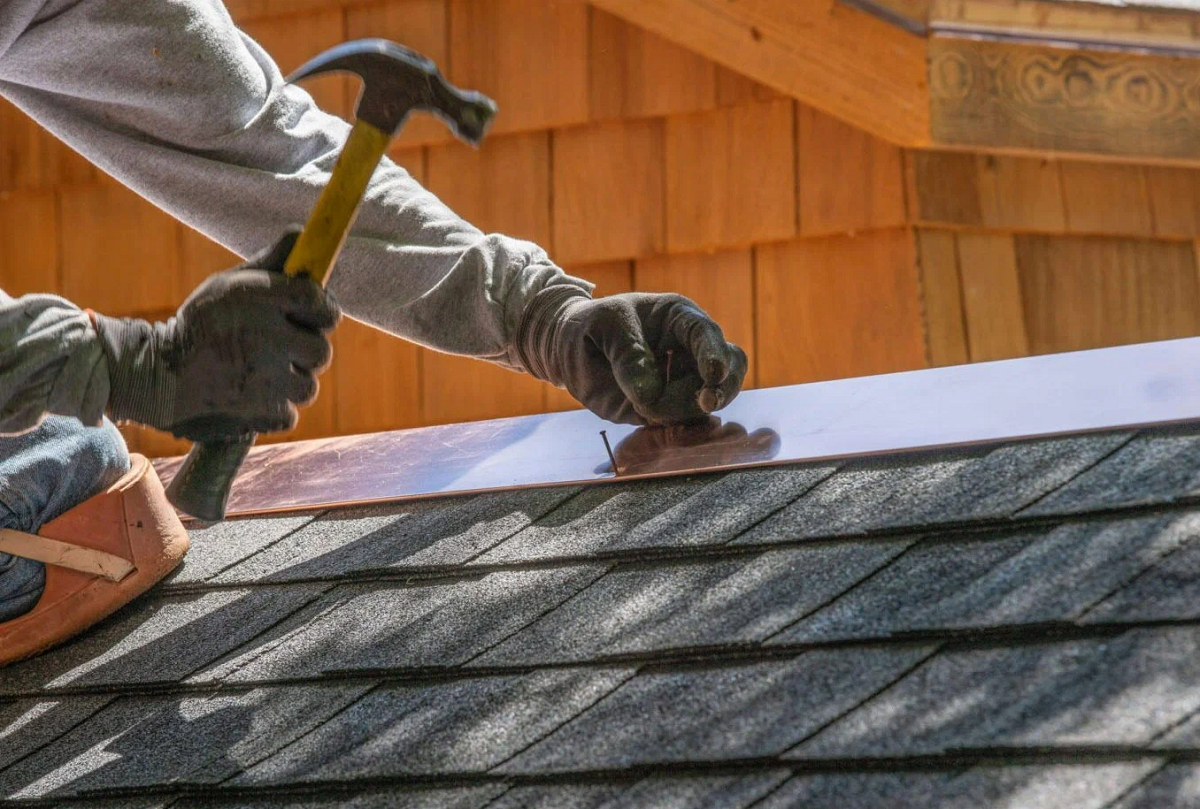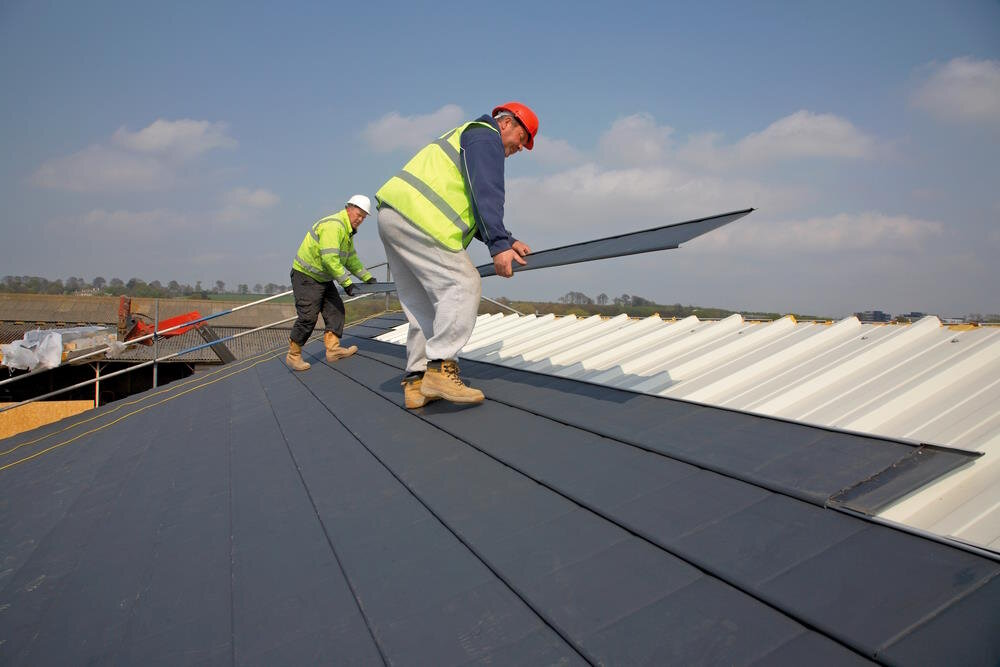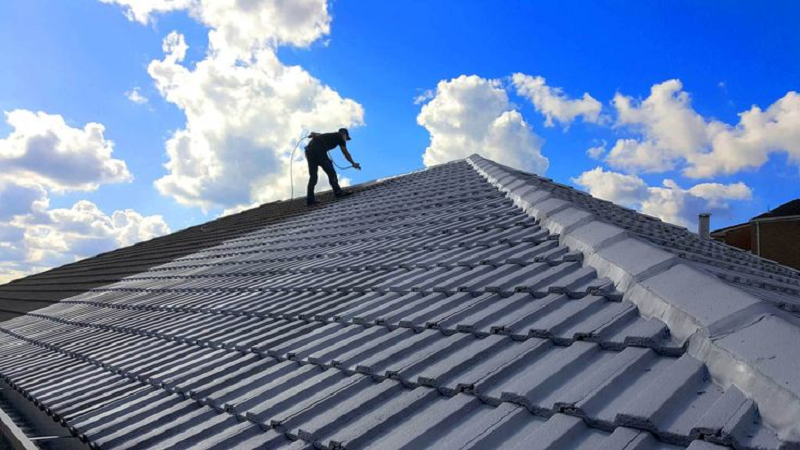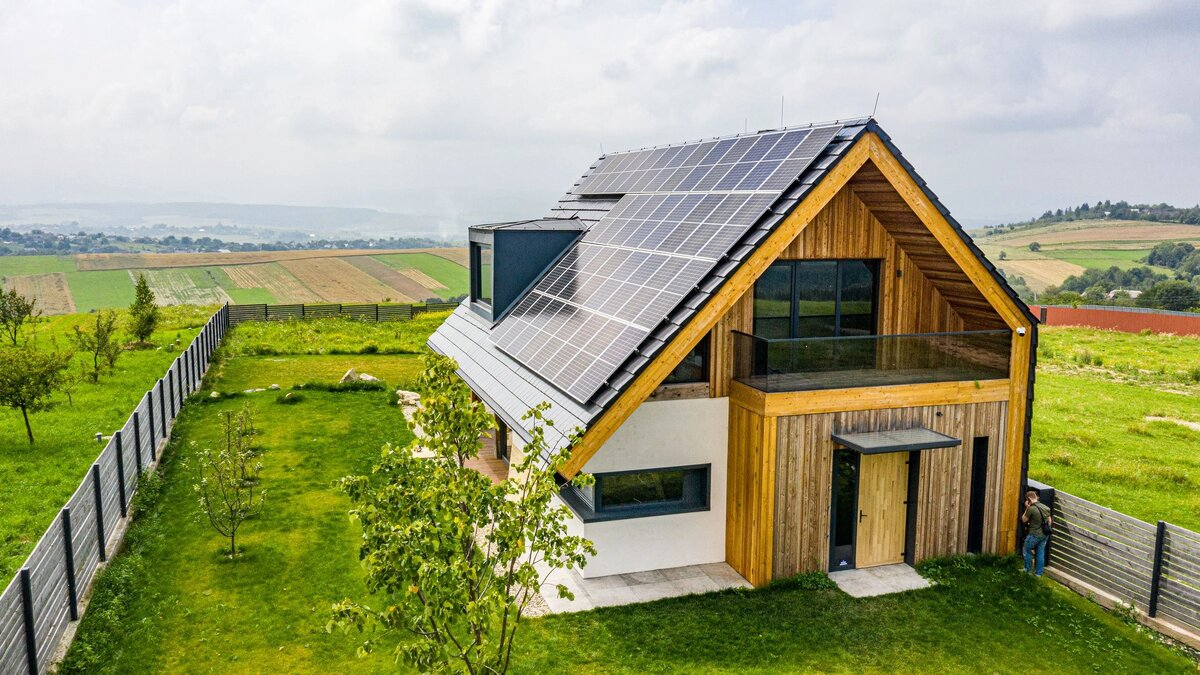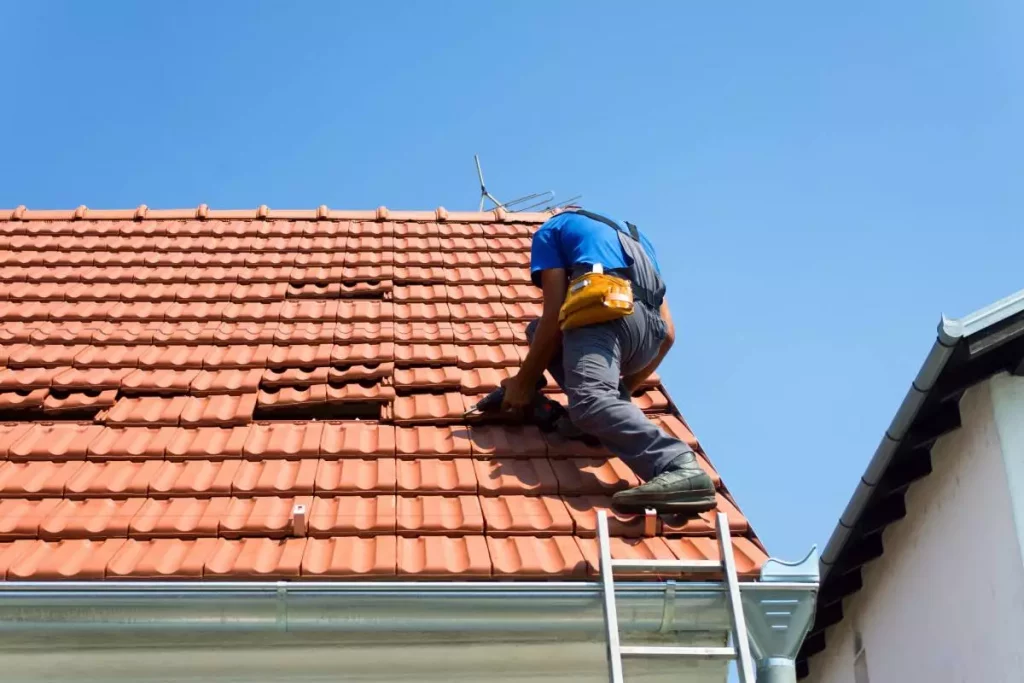Roofing Material Comparison: Concrete vs. Clay Tiles

When it comes to choosing roofing materials for your home, the options can seem endless. Among the array of choices, concrete and clay tiles stand out as durable and aesthetically pleasing options. Both materials offer unique advantages and considerations that homeowners should weigh carefully before making a decision. In this comprehensive comparison, we'll delve into the strengths and weaknesses of concrete and clay tiles, examining factors such as durability, cost, aesthetics, and environmental impact.
By understanding the characteristics of each material, you'll be better equipped to make an informed choice that suits your home's architectural style, climate, and budget. Let's explore the world of roofing materials and uncover the best fit for your needs.
Durability: Assessing Longevity and Resistance
The durability of roofing materials is paramount in ensuring the longevity and resilience of your home's structure. Concrete and clay tiles are renowned for their exceptional durability, capable of withstanding various environmental stressors such as heavy rain, wind, hail, and UV exposure. Concrete tiles typically exhibit superior strength and resistance to impact compared to clay tiles, making them less susceptible to damage from falling debris or foot traffic.
However, clay tiles boast impressive longevity, with some installations lasting over a century when properly maintained. Additionally, both materials are highly resistant to fire, providing an added layer of protection to your home. Assessing the specific durability characteristics of concrete and clay tiles is essential in making an informed decision regarding the longevity and resilience of your roofing system.
Cost Analysis: Initial Investment and Long-Term Expenses
When considering roofing materials, cost is a significant factor for homeowners. Concrete tiles generally have a lower initial cost compared to clay tiles, making them a more budget-friendly option upfront. However, it's essential to consider long-term expenses, including maintenance, repairs, and replacement costs, over the lifespan of the roof.
While clay tiles may have a higher initial investment, their exceptional durability and longevity often result in lower long-term expenses. Additionally, clay tiles offer superior insulation properties, potentially reducing energy costs over time. Conducting a thorough cost analysis that includes both initial investment and long-term expenses is crucial in determining the most economical roofing solution for your home.
Aesthetics: Comparing Styles, Colors, and Architectural Appeal
When it comes to the aesthetics of your roof, Avalon Roofing Services offers a wide range of options to suit every taste and home design. From modern versatility to timeless elegance, our expertise ensures your roof enhances your home's overall aesthetic while providing protection.
- Extensive range of options to suit every taste and home design
- Personalized guidance to choose the right materials
- Classic earth tones and vibrant hues available
- Expertise in bringing your aesthetic vision to life
- Roofing solutions that enhance curb appeal while providing protection
Weight Considerations: Impact on Structural Integrity and Installation
The weight of roofing materials is a crucial consideration that can impact both the structural integrity of your home and the installation process. Concrete tiles are typically heavier than clay tiles, placing greater stress on the underlying structure of the roof. While this added weight can provide additional stability and wind resistance, it may require reinforcing the roof's framing to support the load.
In contrast, clay tiles are lighter and place less strain on the roof structure, making them suitable for a wider range of architectural designs and existing structures. Additionally, the weight of roofing materials affects the installation process, with heavier materials requiring more labor and time for proper placement. Understanding the impact of weight considerations on structural integrity and installation is essential in selecting the most suitable roofing material for your home.
Maintenance Requirements: Ease of Care and Potential Repairs
Proper maintenance is essential to prolonging the lifespan and performance of any roofing system. Concrete and clay tiles both require relatively low maintenance compared to other roofing materials, thanks to their inherent durability and resistance to environmental elements. Routine maintenance tasks typically include inspecting for damage, cleaning debris, and ensuring proper drainage to prevent water buildup.
However, it's essential to note that clay tiles may be more prone to cracking or chipping, especially in regions prone to seismic activity or extreme temperature fluctuations. Prompt repairs are necessary to address any issues promptly and prevent further damage to the roof structure. Understanding the maintenance requirements and potential repairs associated with concrete and clay tiles is essential in preserving the integrity and functionality of your roofing system.
Environmental Impact: Sustainability And Eco-Friendliness
When selecting roofing materials, it's essential to prioritize sustainability and eco-friendliness. Opting for environmentally friendly solutions not only reduces our carbon footprint but also preserves natural resources. Concrete and clay tiles, commonly used in roofing, offer eco-friendly options.
- Natural Material Composition: Both concrete and clay tiles are composed of natural materials, such as sand, water, and clay, making them eco-friendly choices.
- Recyclability: At the end of their lifespan, concrete and clay tiles can be recycled, minimizing waste and reducing environmental impact.
- Energy Efficiency: Concrete and clay tiles provide natural thermal insulation, helping to regulate indoor temperatures and reduce energy consumption for heating and cooling.
- Low Emissions: Compared to other roofing materials, the production of concrete and clay tiles typically results in lower greenhouse gas emissions, contributing to cleaner air and a healthier environment.
- Local Sourcing: Choosing locally sourced concrete and clay tiles reduces transportation-related emissions and supports local economies, further enhancing their eco-friendliness.
Insulation Properties: Energy Efficiency And Thermal Regulation
The insulation properties of roofing materials play a significant role in regulating indoor temperature, improving energy efficiency, and reducing heating and cooling costs. Concrete and clay tiles offer natural thermal mass, helping to regulate temperature fluctuations by absorbing and releasing heat slowly. However, clay tiles generally provide better insulation properties than concrete tiles, thanks to their higher density and lower thermal conductivity.
This superior insulation can help maintain a comfortable indoor environment year-round, reducing the need for heating and cooling systems and lowering energy consumption. Additionally, clay tiles' insulation properties may contribute to improved soundproofing, reducing noise transmission from external sources. Understanding the insulation properties and energy efficiency of concrete and clay tiles is essential in maximizing indoor comfort and minimizing energy usage, leading to lower utility bills and reduced environmental impact.
Weather Resistance: Performance In Extreme Conditions
Roofing materials face a barrage of weather challenges, from scorching heat to freezing temperatures. Both concrete and clay tiles offer excellent weather resistance, suitable for diverse climates. Concrete tiles boast exceptional strength, enduring hailstorms and high winds, while clay tiles excel in weather resistance, protecting against moisture and UV radiation.
However, local climate factors should guide material selection, as some regions may necessitate additional weatherproofing measures. Assessing the performance of concrete and clay tiles in extreme conditions ensures the durability of your roofing system.
Installation Process: Complexity, Time, And Labor Requirements
The installation process of roofing materials involves considerations of complexity, time, and labor requirements. Depending on the chosen material and the expertise of the roofing contractor, this process can vary significantly in its intricacy and duration. Roofing installation demands meticulous attention to detail to ensure the longevity and functionality of the roof. From preparation to completion, each step requires skilled labor and precise execution to achieve optimal results. Here are some key points to consider regarding the installation process:
- Complexity: The complexity of the installation process depends on factors such as the type of roofing material, the design of the roof, and any additional features or specifications.
- Time: The time required for installation varies based on the size of the roof, the complexity of the design, and weather conditions. Larger roofs and intricate designs may take longer to install.
- Labor: Roofing installation requires skilled labor, including experienced roofers who are proficient in handling the chosen material and specialized equipment. The number of workers needed depends on the size and complexity of the project.
- Preparation: Proper preparation is essential for a successful roofing installation. This includes inspecting the existing roof, repairing any damage or deficiencies, and ensuring a clean and stable surface for the new roofing material.
- Quality Assurance: Throughout the installation process, quality assurance measures are implemented to ensure that the work meets industry standards and regulatory requirements. This includes thorough inspections and adherence to manufacturer guidelines for installation techniques and materials.
Lifespan Expectancy: Predicting The Longevity Of Your Roofing Investment
The lifespan of roofing materials greatly impacts a homeowner's investment. Concrete and clay tiles are celebrated for their remarkable durability and longevity, often lasting over 50 years with proper upkeep. While concrete tiles typically offer a lifespan of 30 to 50 years, clay tiles can endure for well over a century with proper maintenance. Various factors, including climate and maintenance practices, influence the longevity of roofing materials.
By investing in high-quality materials and professional installation, homeowners can maximize their roof's lifespan and performance, ensuring long-term protection and peace of mind. Understanding the durability and lifespan of concrete and clay tiles is crucial for predicting the long-term value and return on investment for your roofing project.
In conclusion, when choosing between concrete and clay tiles for your roofing needs, it's crucial to consider factors like durability, cost, aesthetics, maintenance, and lifespan. While concrete tiles offer strength and impact resistance, clay tiles provide longevity and timeless charm.
Despite concrete tiles' lower initial cost, clay tiles often prove more cost-effective in the long run due to their durability and lower maintenance requirements. Ultimately, your choice should align with your priorities and preferences. By carefully evaluating these factors, you can select the roofing material that best suits your home's needs, ensuring durability, resilience, and aesthetic appeal for years to come.
Protect your investment, home, and family with Avalon Roofing Services! With over 30 years of experience in Manteca, we're trusted for our excellence and reliability. Accredited by the Better Business Bureau as an A+ contractor, we prioritize quality and customer satisfaction. Whether you need repairs, replacements, or maintenance, our dedicated team delivers exceptional results. Don't wait—contact us at contact@avalonroofing209.com or (209) 380-1275. For emergencies, call (209) 483-7593. Safeguard your home with superior roofing solutions from Avalon Roofing Services today!

